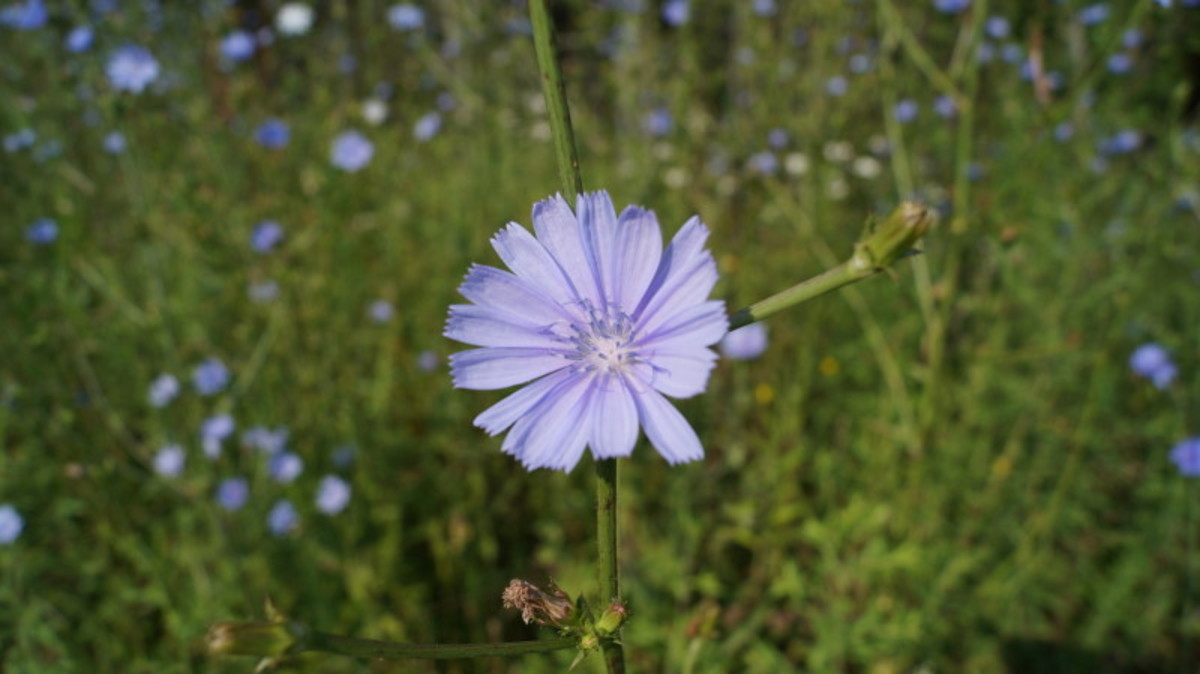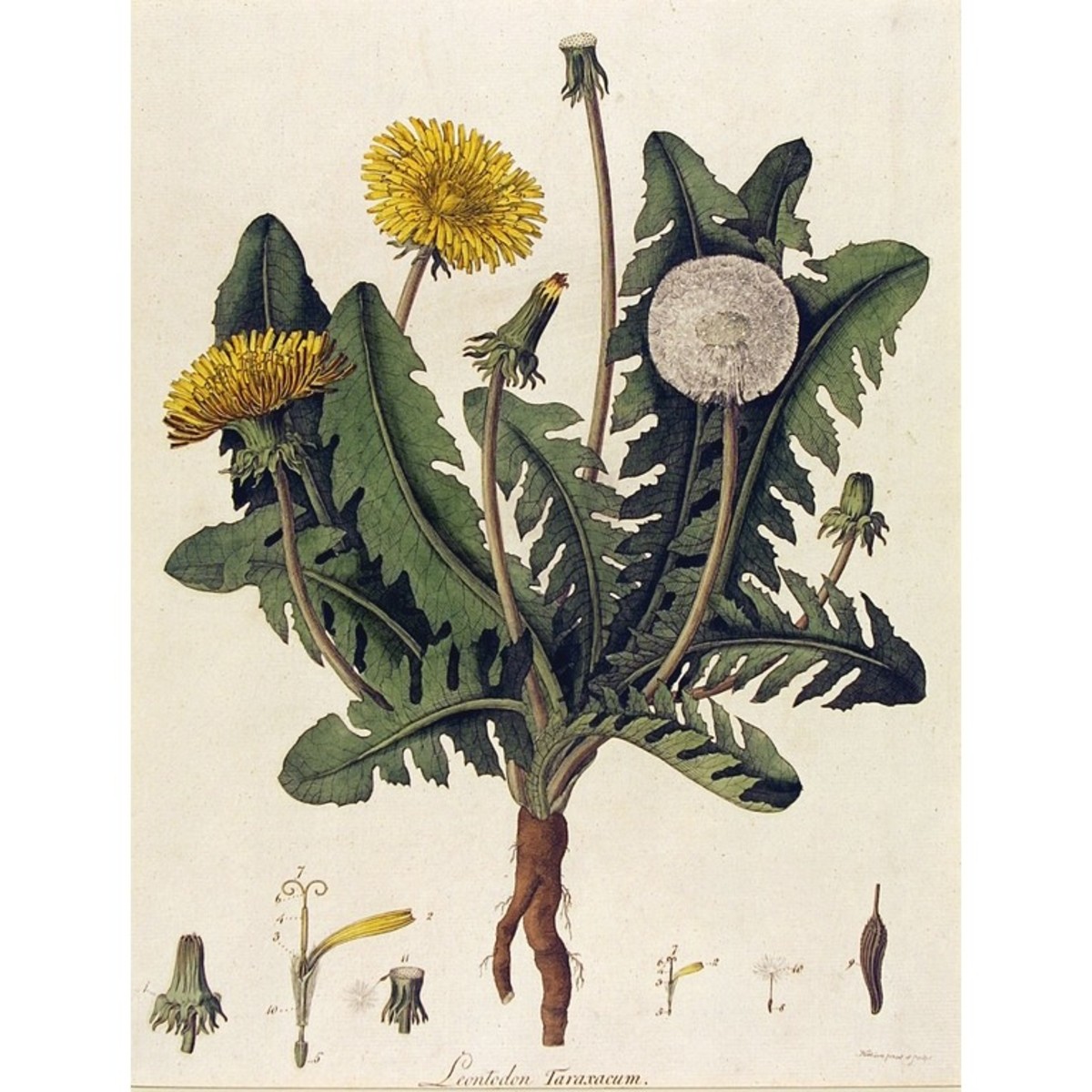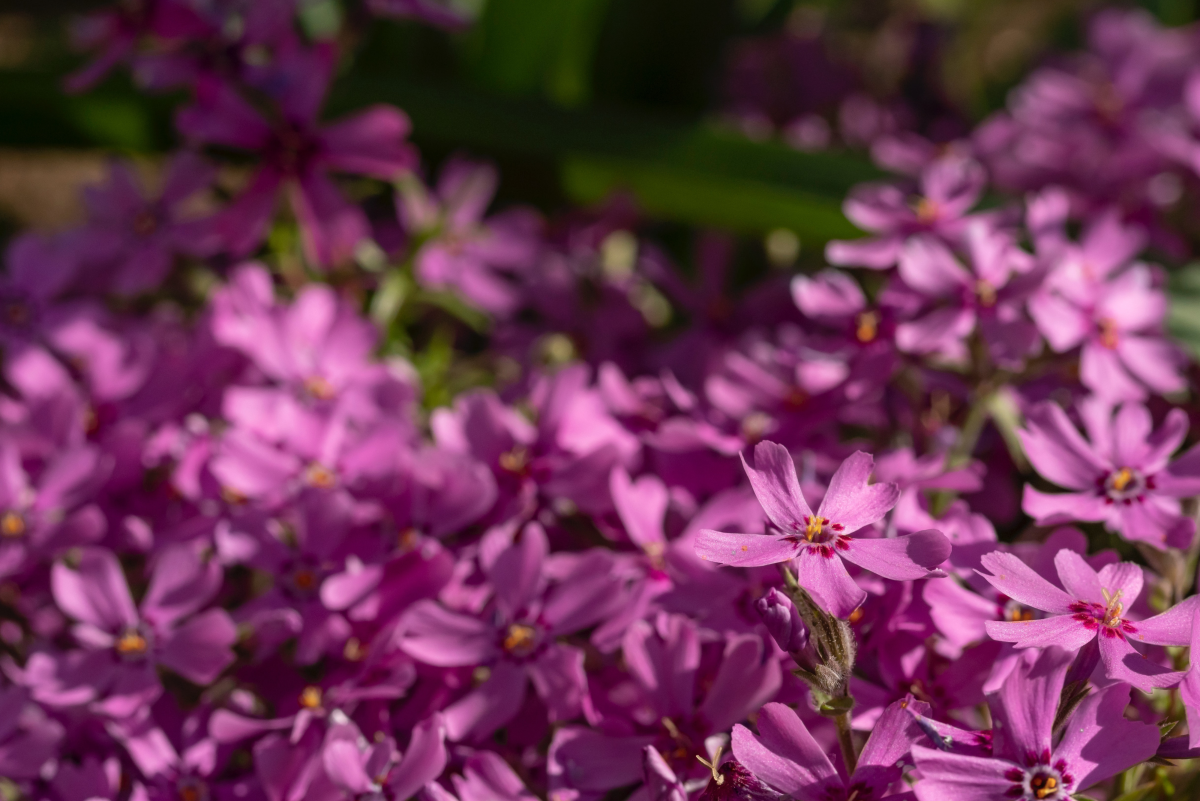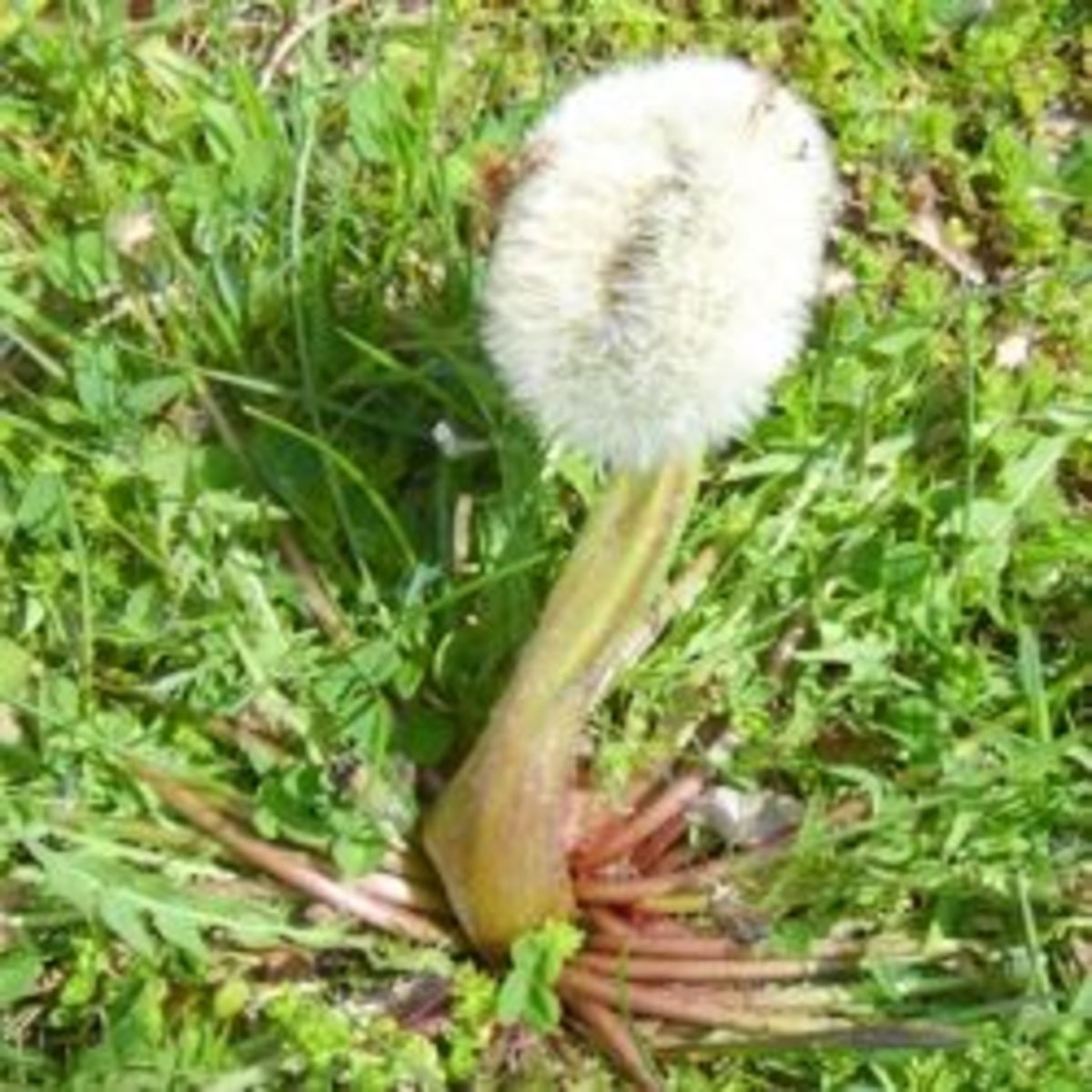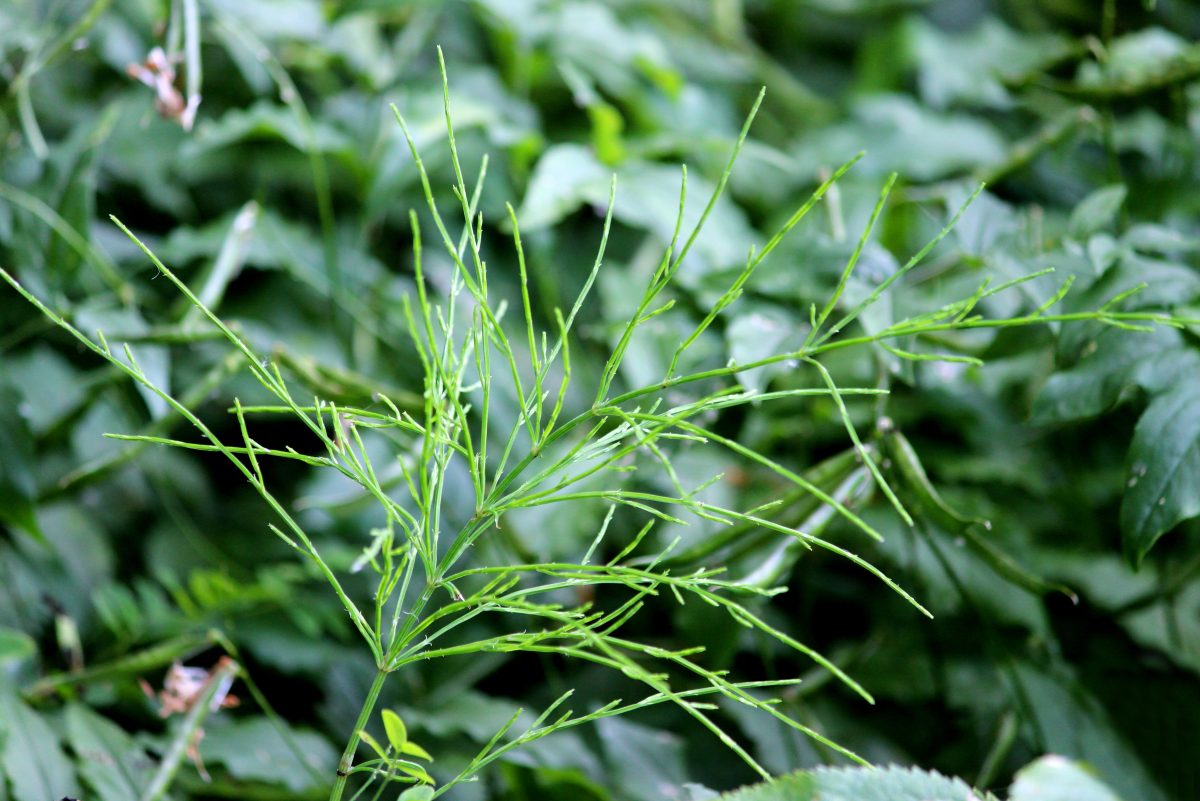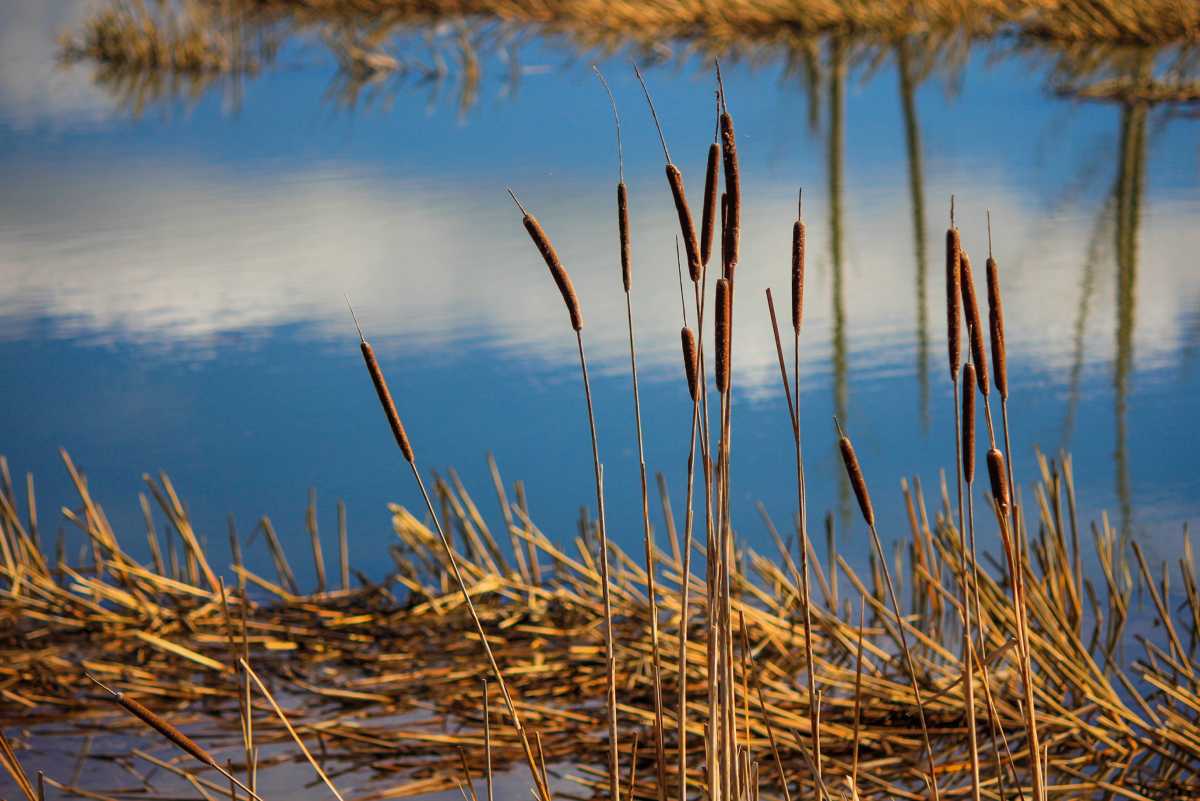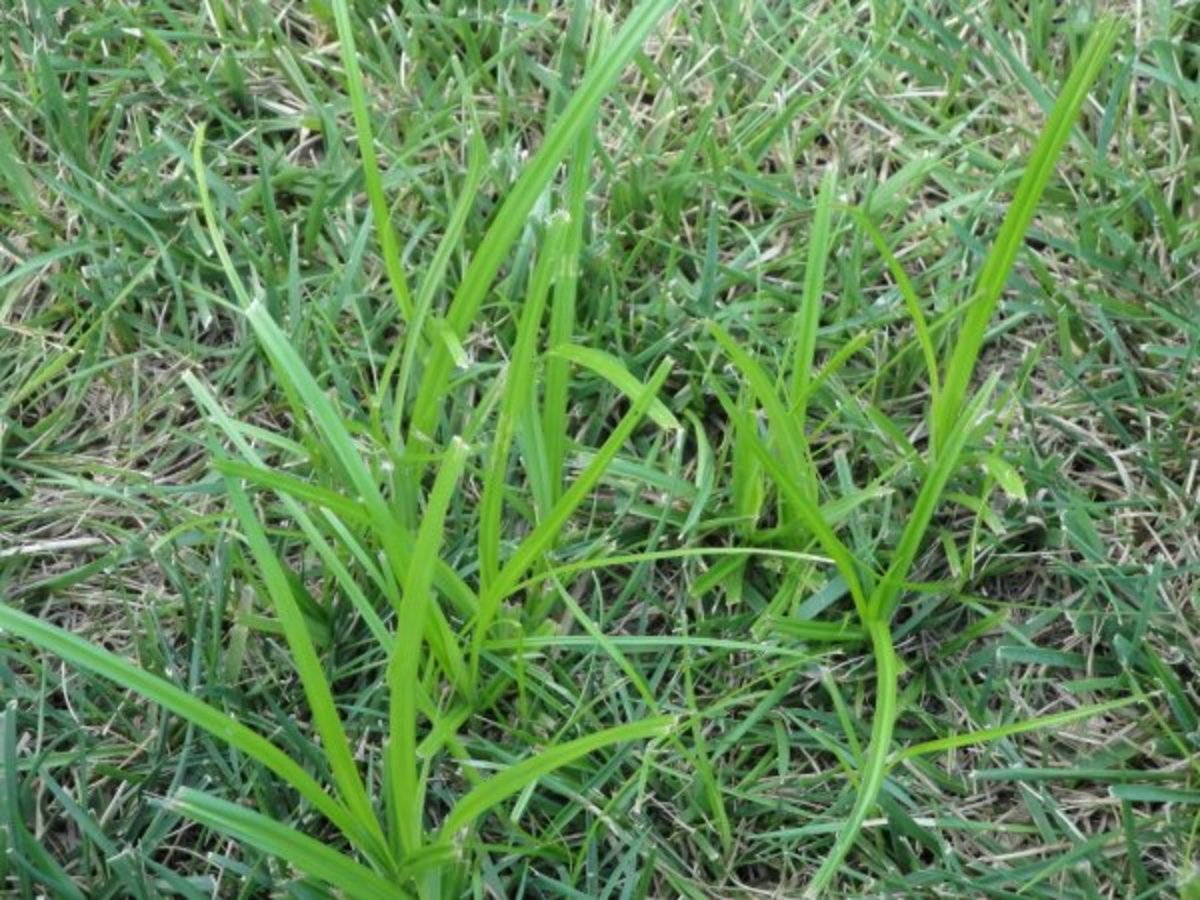How to kill dandelions
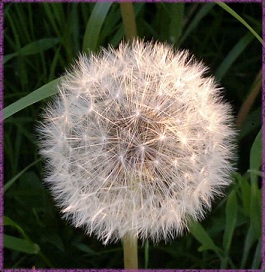
Dandelions are the weeds that everyone loves to hate. It seems that no matter how hard you try to get rid of them they are always back the next year!
These weeds are so successful, that they can cause us a lot of frustration and distress while we desperately try to get rid of them.
With increasing concern about the health risks connected with use of so called "cosmetic" pesticides - the ones you use to make your garden look beautiful - this article is focused on options that are more environmentally friendly.
Pull 'em up
Pulling out the weeds is possible, but it's a very labour intensive and time consuming strategy.
The biggest problem is that you have to get every piece of the main root out of the soil, otherwise the dandelions will start growing again. They are very tenacious, and you may find yourself continuously having to pull them up throughout the growing season.
There are specialized tools that you can use, which are more effective at removing tap-roots from the soil and will make your job a lot quicker and easier. Some examples of tools are shown in the box above.
The video below demonstrates what happens when you don't manage to pull out all of the root.
Chop off their heads..
This method will not kill your dandelions, but is a good way to prevent your dandelion infestation from increasing out of all proportion. Make sure that you remove the dandelion heads before they seed. Just pull them off while they're still yellow, or when they are closed before the seeds escape.
As every schoolchild knows, dandelion "clocks" have hundreds of tiny seeds perfectly parachuted to distribute them far and wide. They are certainly a masterpiece of design if nothing else!
Not only will they take root in you own garden and multiply your problem, they will also migrate to to the properties beside you. This will not make you popular with the neighbours!!
Take note that any dandelions in your lawn may become accustomed to being mowed and actually flower very close to the soil...so watch out for yellow head below the grass height.
Attack them with acid!
Vinegar is becoming very popular as a household cleaner these days and it's also effective at killing dandelions and other weeds.
That said, this chemical is also effective at killing your grass so it is best only to use vinegar on dandelions that are in areas away from the plants you want to protect.
As household vinegar has a fairly low acetic acid content it may take several applications to have a noticeable effect.
If you've already pulled up as much of the root as you think you can get out, then pouring some vinegar into the hole you've left will help to finish off the job.
The best time to apply vinegar to dandelions is in the fall, when the nutrients from the leaves are being transferred back into the root. any vinegar applied to the leaves will also be transferred during this time and concentrate in the root area giving a better result.
Experiment showing the effects of vinegar on dandelions
Scald them!
You can use boiling water to kill weeds but it's not recommended for use on your lawn!
However, this is a great method for those dandelions that are coming up through the cracks in the concrete or between paving stones.
Alternatively you can use a scraping knife tool to remove them from these areas.
Suffocate them!
I know this sounds ridiculous but you can actually suffocate a plant.
Apart from taking in carbon dioxide and giving out oxygen, plant also have to respire like we do. They take in oxygen so that they can use energy and they give off carbon dioxide (this is more noticeable at night, which is why you shouldn't share your bedroom with too many plants!).
If you make a mixture of 50% dish soap and 50% water and then spray this on the leaves, the soap will cover the surface and prevent this gas exchange. This will take a little while and you will likely have to repeat this process a few times (especially if it rains).
You can also use dish soap in combination with vinegar as it will help the vinegar to stay on the leaves.
Pre-emergent weed control
If you have an area of ground that you want to treat to ensure that weeds don't come up from seed, then you can use a form of pre-treatment. Remember though that this will prevent any other seeds that you put in that soil from germinating, so only use this method in an area of established plants, or where you intend to transplant seedlings into.
The organic version of this type of weed control is corn gluten. It can take several years to completely treat the soil so that no seeds germinate.
For organic gardening, where toxic chemicals are not used, this is the best option for weed control because organic treatment of established weeds is much more difficult.
In praise of the dandelion
Although we generally consider the dandelion to be undesirable, it has become a weed due to its amazing adaptability and success.
Dandelion leaves can actually be used as tasty salad greens, and the roots are very rich in minerals. Both these parts are also used as herbal remedies. In traditional medicine dandelion leaves and roots have been used for hundreds of years to treat inflammatory conditions.
There's more information at the link below:
- What are the Health Benefits of Dandelion Root? | Natural Health & Organic Living Blog
Although considered a weed, dandelion roots has a history of therapeutic use since ancient times for its healthful properties and liver support.




